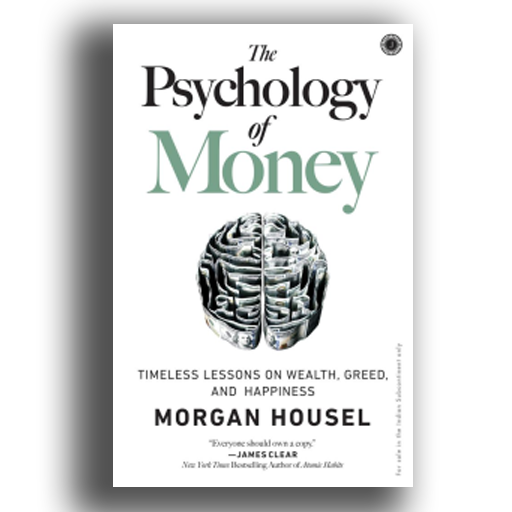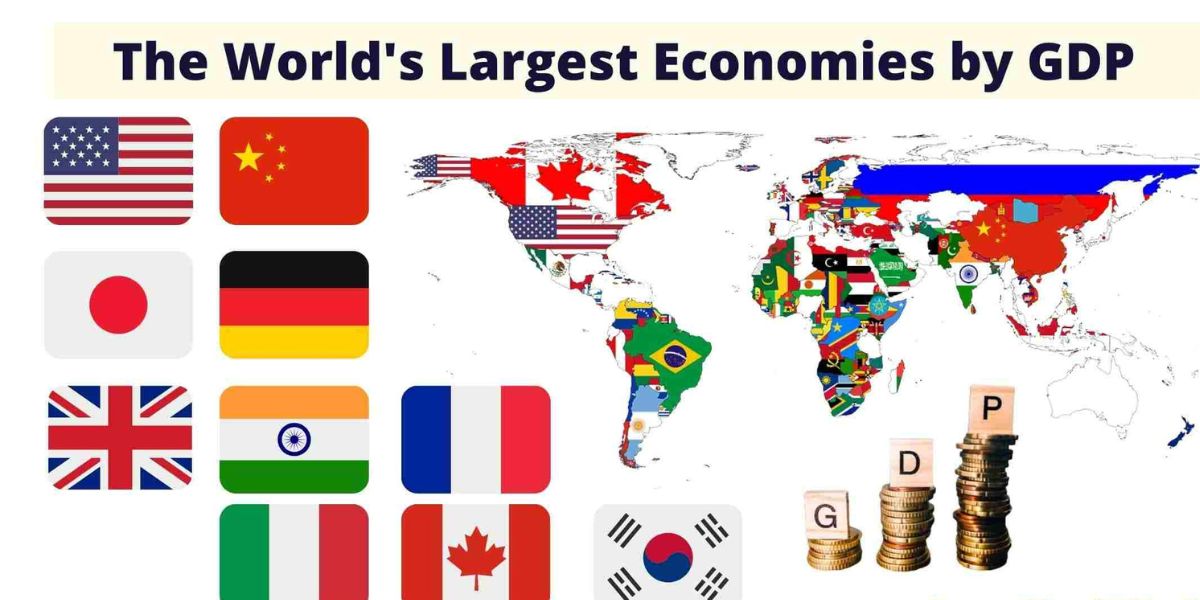Introduction
A genius who loses control of their emotions can be a financial disaster. The opposite is also true. Ordinary folks with no financial education can be wealthy if they have a handful of behavioral skills that have nothing to do with formal measures of intelligence.
“A genius is the man who can do the average thing when
everyone else around him is losing his mind.”
—Napoleon

The main focus of this book is to convince the reader that soft skills are more important than the technical side of money. Finance is overwhelmingly taught as a math-based field, where you put data into a formula and the formula tells you what to do,and it’s assumed that you’ll just go do it. It’s knowing what to do tells you nothing about what happens in your head when you try to do it. The chapters in the book comprises of :
Introduction: The Greatest Show On Earth
1. No One’s Crazy
2. Luck & Risk
3. Never Enough
4. Confounding Compounding
5. Getting Wealthy vs. Staying Wealthy
6. Tails, You Win
7. Freedom
8. Man in the Car Paradox
9. Wealth is What You Don’t See
10. Save Money
11. Reasonable > Rational
12. Surprise!
13. Room for Error
14. You’ll Change
15. Nothing’s Free
16. You & Me
17. The Seduction of Pessimism
18. When You’ll Believe Anything
19. All Together Now
20. Confessions
Summary
You can make good decisions that lead to poor financial outcomes. And you can make bad decisions that lead to good financial outcomes. You have to account for the role of luck and risk. The tendency to underestimate the role of luck and risk, and a failure to recognize that luck and risk are different sides of the same coin.
People’s lives are a reflection of the experiences they’ve had and the people they’ve met, a lot of which are driven by luck, accident, and chance. The line between bold and reckless is thinner than people think, and you cannot believe in risk without believing in luck, because they are two sides of the same coin.
Once you achieve your goals, you look toward the next goal. And the cycle never ends. This is often driven by comparing yourself to others, and you’re often comparing yourself to someone who is above you in the ladder that you benchmark yourself against.
The paradox of wealth is that people tend to want it to signal to others that they should be liked and admired. But in reality those other people bypass admiring you, not because they don’t think wealth is admirable, but because they use your wealth solely as a benchmark for their own desire to be liked and admired.
Getting money and keeping money are two distinct skills. While getting money necessitates risk taking, hard word, and an optimistic disposition, keeping money is a different skill. Being rich offers you opportunities in the short-term, but being wealthy provides you the flexibility of having more of the items you want – freedom, time, possessions – in the future. Every money reward has a price beyond the financial fee you can see and
count. Accepting that is critical.
Having more flexibility and control over your time is far more valuable than getting some more on your returns by working all-night or making speculative bets that impact your sleep. When thinking about your investment strategy, try to account for the unknown. Things change. And it’s hard to make long-term decisions when your view of what you’ll want in the future is so liable to shift.
A big gap in most people’s understanding of room for error is accepting that there is a difference between what you can technically endure vs. what you can emotionally endure. The mental trick we play on ourselves here is an over-admiration of people who have been there, done that, when it comes to money. Experiencing specific events does not necessarily qualify you to know what will happen next. In fact it rarely does, because experience leads to more overconfidence than prophetic ability.
The counterintuitiveness of compounding is responsible for the majority of disappointing trades, bad strategies, and successful investing attempts. Good investing isn’t necessarily about earning the highest returns, because the highest returns tend to be one-off hits that kill your confidence when they end. The only way to deal with this market fee is to accept that it exists and to be willing to pay the price.
Every big financial win or loss is followed by mass expectations of more wins and losses. With it comes a level of obsession over the effects of those events repeating that can be wildly disconnected from your long-term goals.
Avoid the illusion that you have full control in the uncertain world in which we live.
About the Author
- Housel is a graduate of the University of Southern California, Class of 2008, where he majored in Economics.
- He was a columnist for The Motley Fool and The Wall Street Journal.

- He is a two-time winner of the Best in Business award from the Society of American Business Editors and Writers and a two-time finalist for the Gerald Loeb Award for Distinguished Business and Financial Journalism.
- He is a partner at Collaborative Fund, an early stage Venture capital firm.




